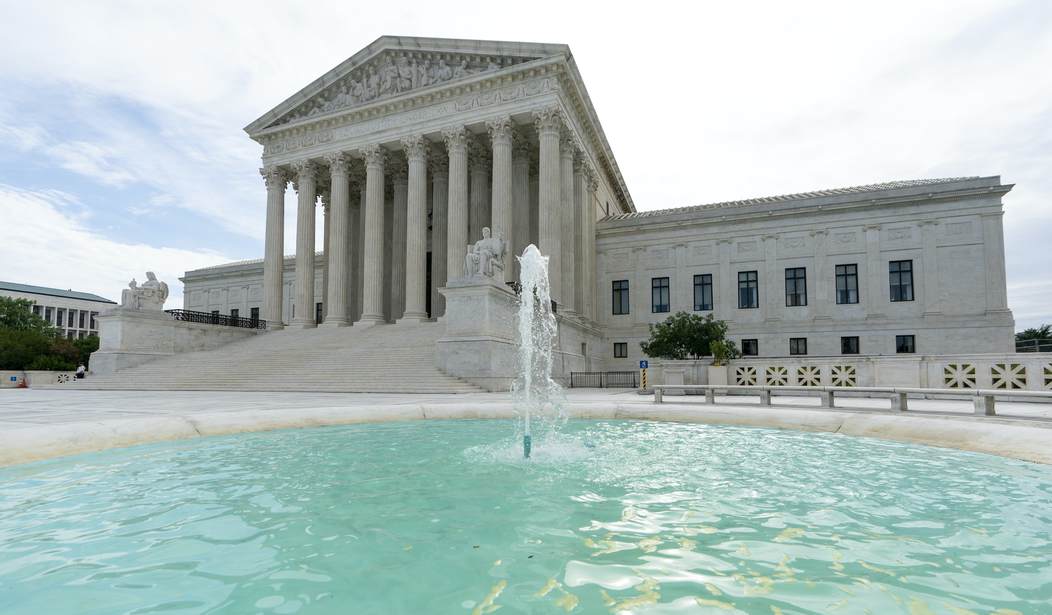
Finally, we have an Appeals Court decision from the Seventh Circuit regarding a case, where the District Court Judge declined the invitation to rewrite state election law in Indiana, using the COVID 19 pandemic as an excuse to find that the state election law was suddenly a constitutional violation. Shockingly, the District Court Judge who refused to rewrite the state election law was appointed by Pres. Trump.
There are thirteen categories of voters in Indiana who, by statute, can vote by mail. One of those categories involves voters aged 65 and older. For the primary election held in June 2020, the Indiana Election Commission responded to the difficulties of voting during the COVID-19 pandemic by extending the absentee-voting privileges to all registered and qualified Indiana voters. But for the general election coming up November 3, the Commission did not renew its order. Indiana did take some steps to alleviate COVID-19’s burden on voters by, for example, allowing voters in all counties to vote during a 28-day period before the election, and by implementing safety guidelines and procuring protective equipment for election day.
The plaintiffs brought an action in the District Court seeking to have the same absentee ballot rules apply in November as those that applied in June, including allowing all Indiana voters to vote by absentee ballot, even if they do not fall into one of the thirteen, specific categories as defined by statute.
The District Court denied the plaintiffs’ motion for a preliminary injunction, and the plaintiffs appealed to the Seventh Circuit.
In affirming the decision of the District Court, the Seventh Circuit characterized the issue as follows:
These claims hinge on one question: what is “the right to vote”? In McDonald v. Board of Election Commissioners of Chicago, the Supreme Court told us that the fundamental right to vote does not extend to a claimed right to cast an absentee ballot by mail…. And unless a state’s actions make it harder to cast a ballot at all, the right to vote is not at stake…. Considering that definition, Indiana’s absentee-voting regime does not affect Plaintiffs’ right to vote and does not violate the Constitution. In the upcoming election, all Hoosiers, including Plaintiffs, can vote on election day, or during the early-voting period, at polling places all over Indiana. The court recognizes the difficulties that might accompany in-person voting during this time. But Indiana’s absentee-voting laws are not to blame. It’s the pandemic, not the State, that might affect Plaintiffs’ determination to cast a ballot.
The Seventh Circuit’s simple proposition based on established Supreme Court precedent makes clear for all to see the legal sophistry involved in the numerous lawsuits across the country claiming that the “right to vote” is being compromised by the COVID 19 pandemic’s effects on normal vote casting processes. Litigants — and liberal, district court judges — are engaging in intellectually-dishonest legal reasoning to find a justification for changing election laws to suit their partisan ends.
As noted in the quoted passage, the Supreme Court has said that election laws that make it impossible to cast a ballot at all raise questions about whether the fundamental right to vote is being denied.
Election laws that merely establish a voting regimen involving time, place, and manner requirements applicable to all voters do not implicate the right to vote.
The fact that an election law imposes requirements that are surmountable, even if inconvenient, does not rise to a Fourteenth Amendment violation. That is especially true where, as is now the case, the added difficulty is nothing done by the state, but rather the effects of a circumstance of nature, i.e, a viral pandemic.
Just as Indiana’s law providing absentee ballots to elderly Hoosiers does not affect Plaintiffs’ right to vote, Indiana’s whole absentee-voting scheme does not affect Plaintiffs’ right to vote. Indiana’s absentee-voting laws “ma[ke] casting a ballot easier for” voters who fall into any of thirteen qualifying categories. And they do not make it harder for anyone to cast a ballot—it’s COVID-19 that might affect election-day plans.
This language will likely supply a significant hindrance to any other panel of judges in the Seventh Circuit who have before them an election law case between now and November 3. The simple facts are that, in each of the cases coming out of the District Courts where the election laws are being changed by judicial order, the justification for the orders is based not on any change in the law itself, but rather in the changed circumstances – COVID-19 – in which the same statutory language is being enforced for the upcoming election.
The panel in this decision were Circuit Judges Ripple, Kanne, and Scudder.
The first two are appointees of President Reagan, and the third is an appointee of Pres. Trump.














Join the conversation as a VIP Member